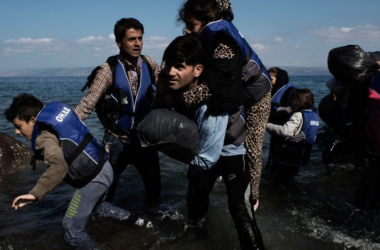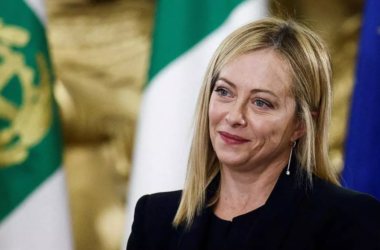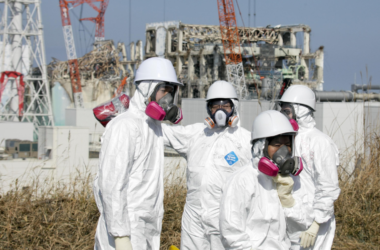In a pivotal moment that signals a potential turning point for Argentina, Javier Milei has been sworn in as the nation’s president, ushering in a new era marked by both anticipation and uncertainty. This political development comes at a crucial juncture for the country, with Milei’s inauguration viewed as a significant departure from traditional political landscapes and a harbinger of change.
Javier Milei’s ascent to the presidency represents a departure from Argentina’s political norms, as he assumes leadership amid a backdrop of economic challenges, social unrest, and calls for reform. Known for his outspoken views and advocacy for free-market principles, Milei’s presidency is poised to reshape Argentina’s political and economic landscape, sparking both hope and apprehension among the populace.
The swearing-in ceremony, a symbolic and constitutional rite, marked the official commencement of Milei’s presidential term. As he takes the reins of the nation, expectations run high, with many looking to him for solutions to longstanding issues that have plagued Argentina, including economic instability, inflation, and social inequality.
Milei’s political trajectory has been marked by a vocal critique of traditional political establishments, and his rise to the presidency reflects a growing sentiment among the electorate for a break from the status quo. His calls for economic liberalization and market-oriented reforms have resonated with a segment of the population seeking solutions to Argentina’s economic challenges.
The inauguration of Javier Milei as president also represents a potential shift in Argentina’s international relations. As the nation grapples with economic woes and seeks avenues for recovery, Milei’s administration is expected to navigate diplomatic relationships carefully while pursuing policies that align with his vision for economic revitalization.
While Milei’s presidency is met with enthusiasm from supporters who view him as a disruptor capable of bringing about positive change, there are also concerns and skepticism from those who worry about the potential consequences of rapid and radical policy shifts. Striking a balance between bold economic reforms and social stability will likely be one of the key challenges facing the new administration.
The global community watches with interest as Argentina enters this defining chapter in its history. The outcome of Milei’s presidency has implications not only for the nation itself but also for the broader geopolitical landscape. Argentina’s experience could serve as a case study for other nations grappling with economic challenges and seeking alternative paths to recovery.
It is crucial to note that the information provided is based on the assumption of Javier Milei assuming the presidency, and events may unfold differently. The political landscape is dynamic, and the outcomes of Milei’s presidency will be shaped by a myriad of factors, including policy decisions, public sentiment, and unforeseen events.
In conclusion, Javier Milei’s swearing-in as president represents a critical juncture for Argentina, marking a potential shift away from established political norms. As the nation navigates economic challenges and social expectations, Milei’s presidency holds the promise of change but also raises questions about the path ahead. The global community observes with keen interest, recognizing that the outcomes of Argentina’s political transition could reverberate beyond its borders.








